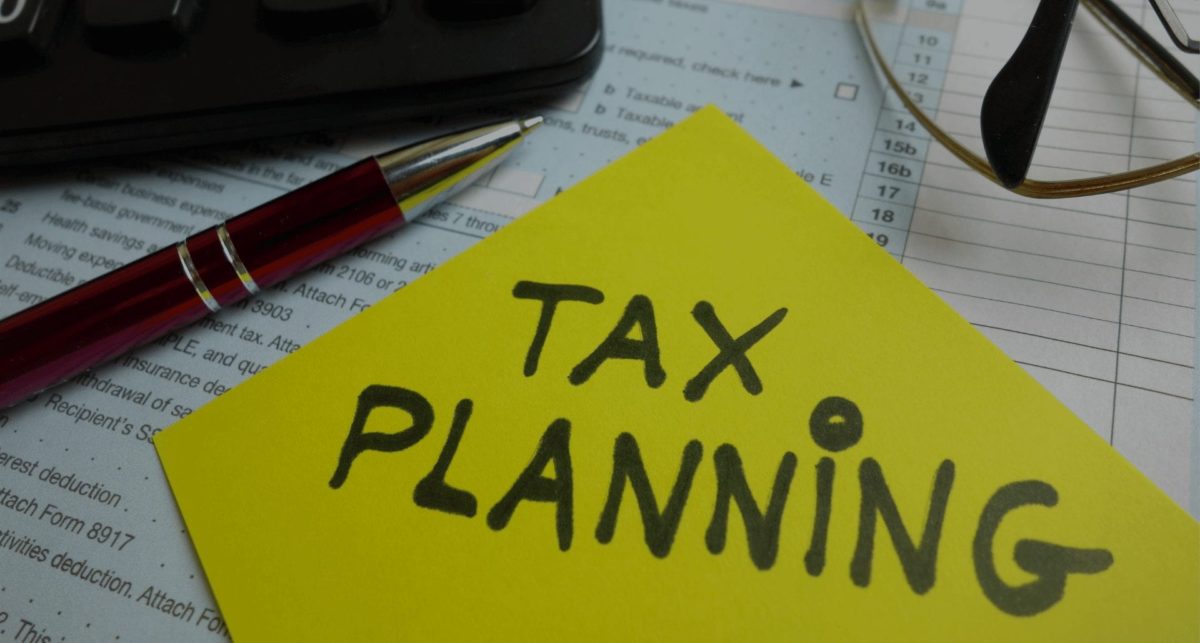March 13, 2018 | Late Filed Returns

Tax Payment and Filing Due Dates
In everything that you do, may it be sending a report, providing updates, completing a required agenda, making payments, etc., doing and finishing it on – time is always a plus. This is especially true with filing and paying your Federal and State Income Taxes. For individual taxpayers, before understanding and fully knowing what it is going to happen if your Federal Income Tax is not filed and paid on time, first you need to know the deadlines for 2017:
April 17, 2018: While the deadline has been historically set to April 15th, it has been moved to the 17th for this year as the 15th is on the weekend, and the 16th of April is holiday in Washington DC. This is also the deadline for filing your Tax Extensions for 2017 Federal Income Tax Returns. But remember, the extension to file is not an extension of time to pay, so to avoid penalties you need to estimate and pay what you owe by April 17th.
October 15, 2018: This is the due date to file a 2017 Federal Income Tax Return for those who filed Tax Extensions by April 17th.
So, what do you think happens if you fail to meet these deadlines? A decent amount of penalties and interest, which is never easy to deal with.
If you are late with filing and paying your Federal Income Tax, you will be fined twice. Once, for filing the return late and the other penalty is for not paying the taxes owed on time. Note that these two penalties can add up fast and the longer you keep your taxes unfiled and unpaid, applicable interest accrues (about 5% per month) which is on top of the penalty that you will be charged with. Overall, the total penalties max out at about 49,5% of the tax owed. I spend on a lot of time in my practice getting the penalties reduced, so keep in mind that the issue can be fought, but it takes time and energy to fix the issue.
If you are unable to pay your taxes when the deadline hits, you still need to ensure that you file the tax return on time to least minimize your penalties and just keep the fines specific to paying late, instead of both filing and late payment penalties.
In the unfortunate event that you are already late with filing as well as payments and are now charged with penalties and interest, there are methods available to fix the issue, such as, 1) penalty abatement requests, 2) payment plans, and 3) offers in compromise with the IRS (and the States). Like all other applications for tax relief, they are subject to approval of the IRS, and your current situation will determine if you can qualify for relief from the taxes and penalties. I find that it is almost always best to ask for relief since even if only partial relief is granted, it will make a large reduction in the amount of taxes, penalty, and interest you owe and the experience will be a lot less painful economically.


 Timothy S Hart, the founding partner of the tax law firm of Timothy S. Hart Law Group, P.C. is both a New York Tax Lawyer & Certified Public Accountant. His area of expertise includes innovative solutions to solve your Internal Revenue Service and New York State tax problems, including tax settlements through the Federal and New York State offer in compromise programs, filing unfiled tax returns, voluntary disclosures, tax audits, and criminal investigations. [
Timothy S Hart, the founding partner of the tax law firm of Timothy S. Hart Law Group, P.C. is both a New York Tax Lawyer & Certified Public Accountant. His area of expertise includes innovative solutions to solve your Internal Revenue Service and New York State tax problems, including tax settlements through the Federal and New York State offer in compromise programs, filing unfiled tax returns, voluntary disclosures, tax audits, and criminal investigations. [